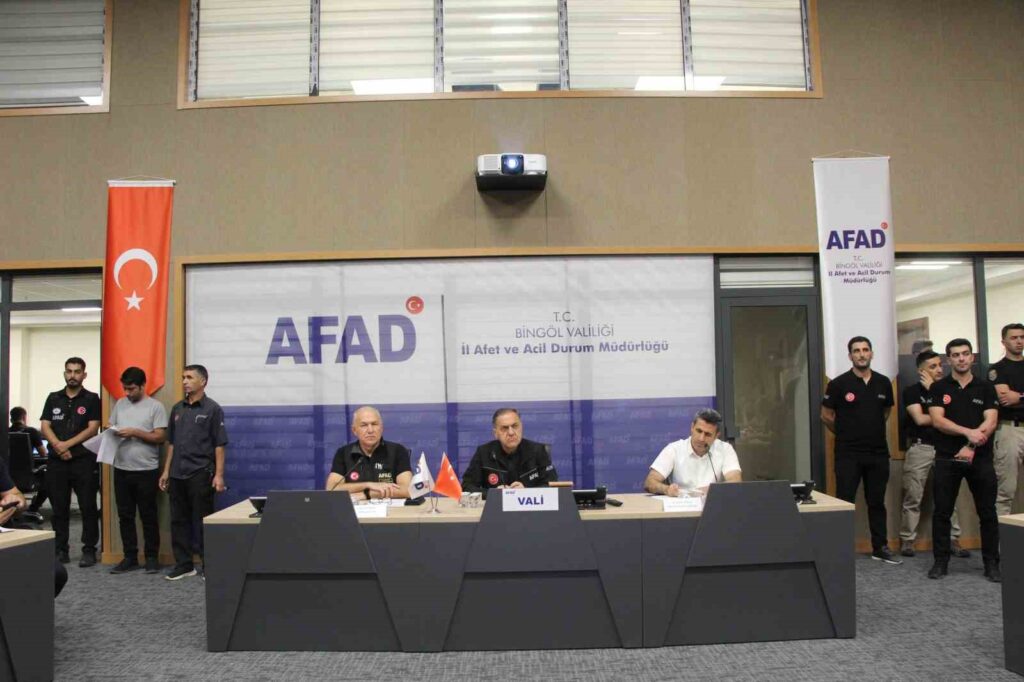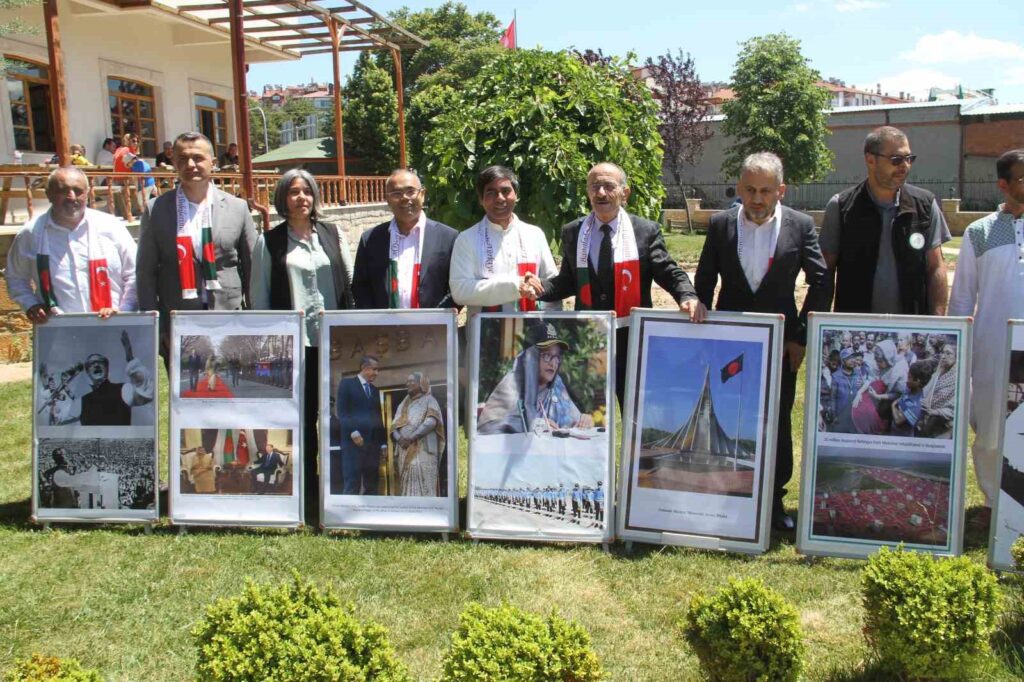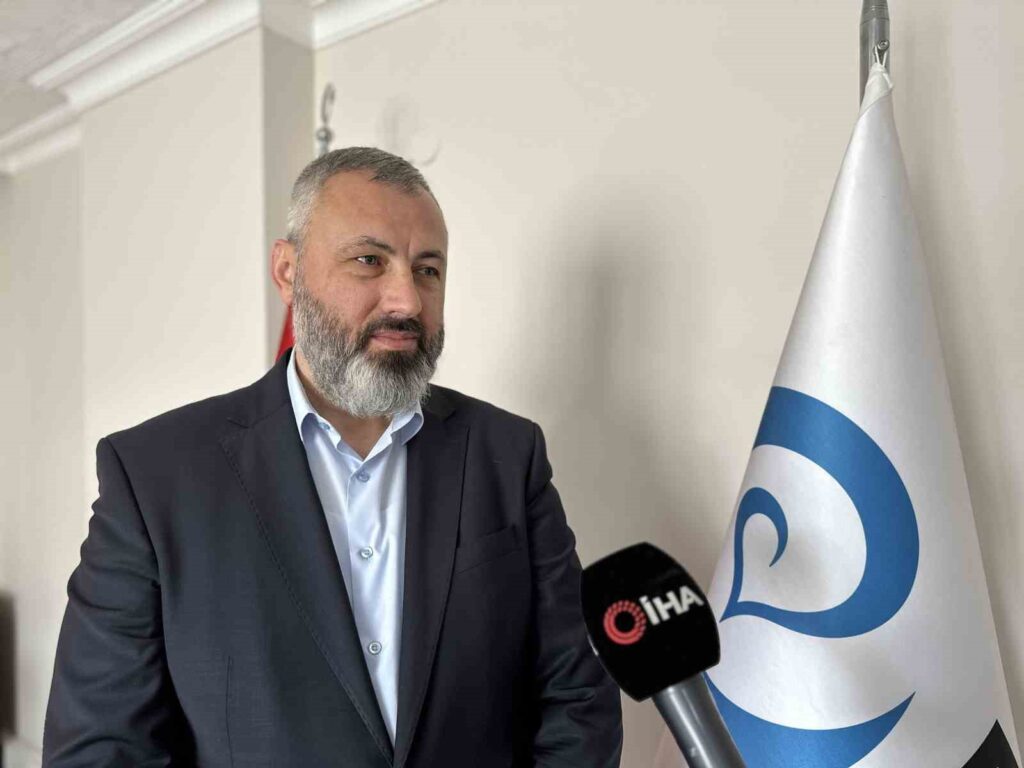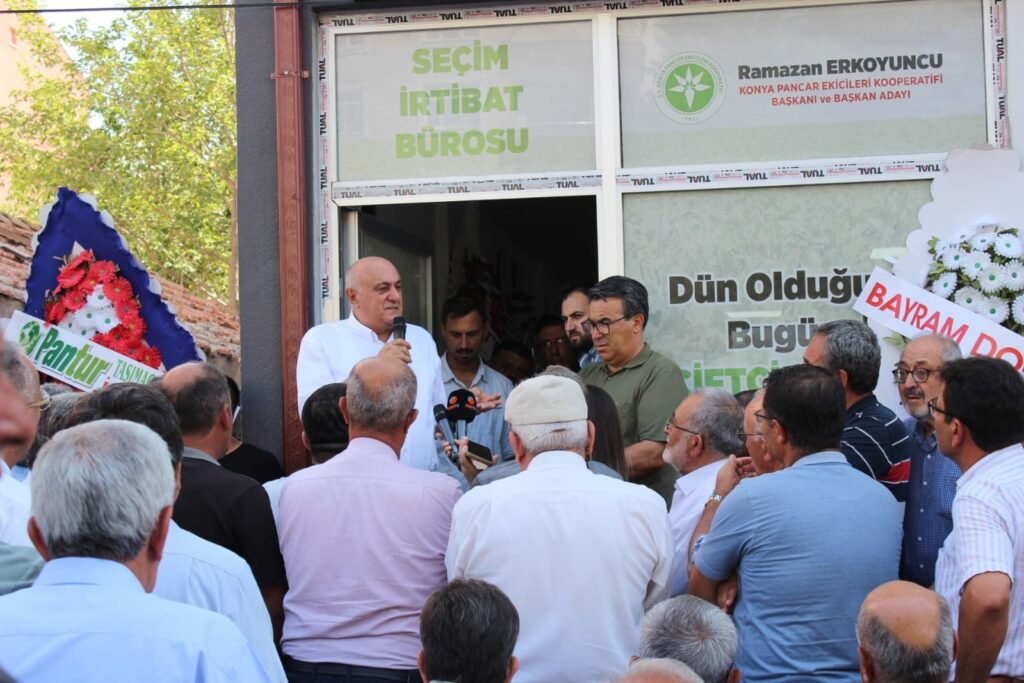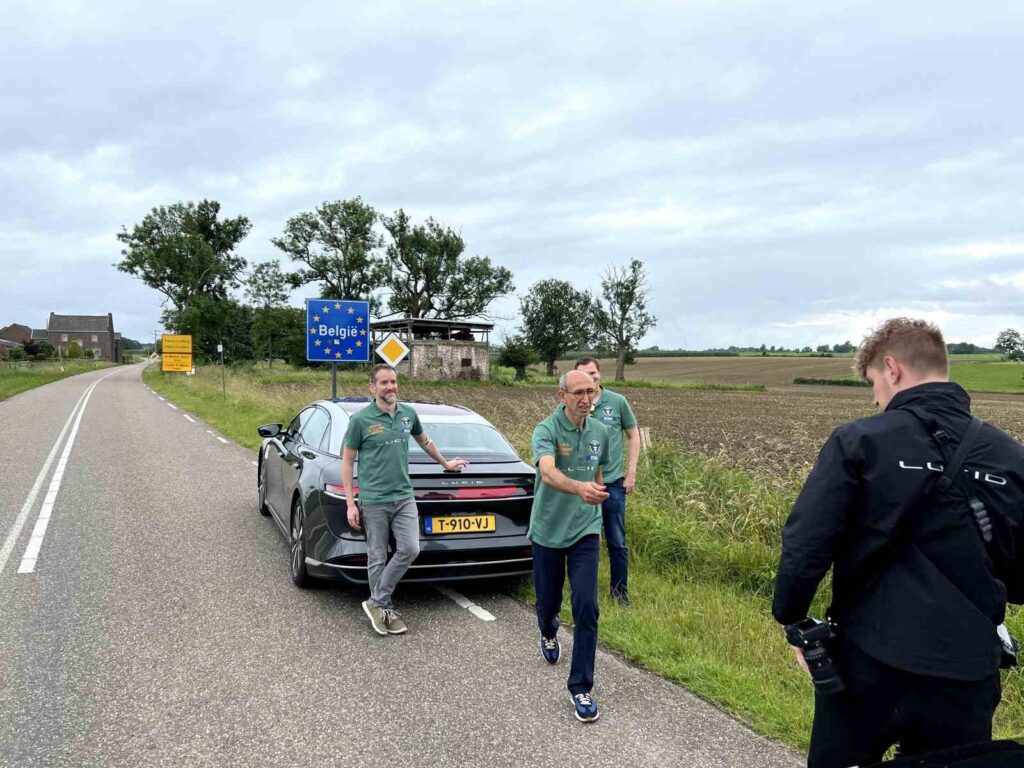Her job is just ‘knitting’: She weaves clothes stitch by stitch and contributes to the economy
In Konak, Izmir, Ismail Damar, who has been involved in the weaving business, which has been his father’s profession since the age of 10, restores damaged clothes brought by his customers to their original state with his craftsmanship. Damar, who is one of the two people doing this job in the city, says, ‘In the past, poor …
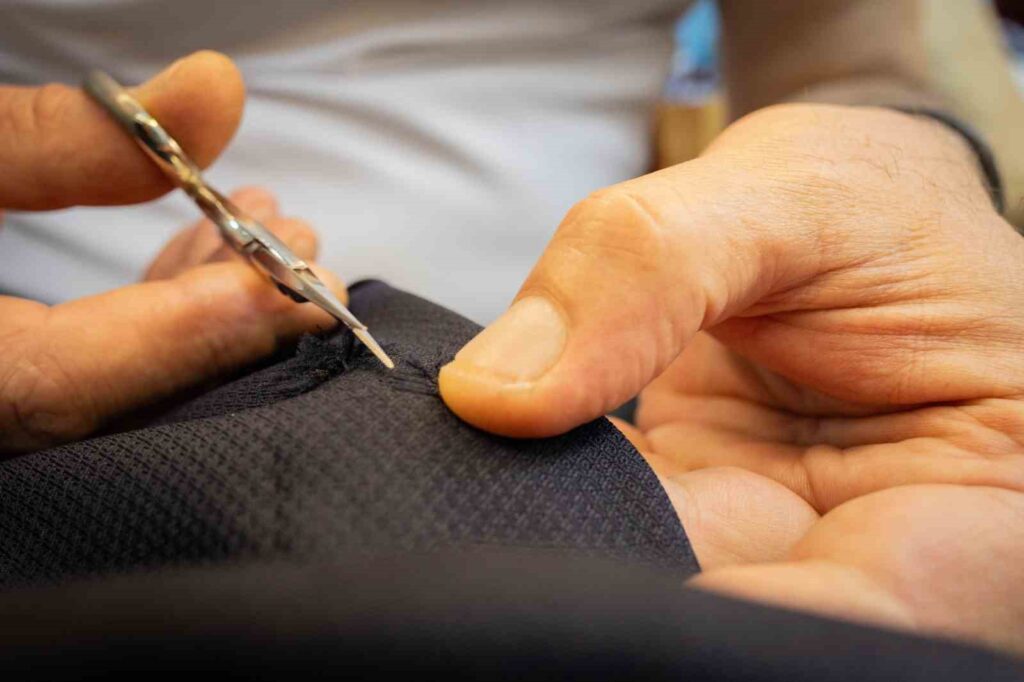
In Konak, Izmir, Ismail Damar has been dealing with the weaving business, which has been his father’s profession since the age of 10, by restoring damaged clothes brought by his customers to their original state with his craftsmanship. Damar, one of the two people in the city engaged in this business, stated, ‘It used to be a poor man’s job, now it has become a rich man’s job. We revive idle items and bring them back to life. We bring them to the fashion that can be worn. People are happy.’
Ismail Damar, a weaving master who has been repairing damaged products by knitting stitch by stitch for half a century and contributing to the economy, is one of the two people practicing this profession in the city. Ismail Damar not only repairs the damages in the clothes of his customers in Izmir but also those of customers coming from abroad.
“There are two of us left. We revive idle items.”
Expressing that he breathes life into clothes preventing them from becoming idle and learned the weaving profession from his father, Ismail Damar said, ‘I have been doing this job since that day. My friend Ferhat and I are the only two people left doing this job in Izmir. It used to be a poor man’s job, now it has become a rich man’s job. We revive idle items and bring them back to life. We bring them to the fashion that can be worn. People are happy. Thanks to God, we make a living. Each fabric has a different weaving mode; patterns, knit stitches, fabrics are different. We take on nice jobs and help the customers.’
“We contribute to recycling.”
Describing it as a poor man’s job in the past, weaving master Damar said, ‘When the products became valuable, everyone started to have them repaired. In the past, as my father used to say, ‘The poor man has two pairs of pants. One gets burn marks from cigarettes, he wears the other pair. He used to have it repaired and make a living.’ Now people have abundance and prosperity; but there is also a brand obsession. There are very nice products being sold for crazy prices. With modest amounts, we contribute to the family budget, rather than buying new ones at a high price, and we also contribute to recycling. It’s a job we have loved since childhood. Thanks to what I earned from this profession, I was able to educate my children.’
“They bring suitcases full of clothes when returning from abroad.”
Continuing his words by saying, ‘My customers are people I have known since my childhood. We have parcels coming from all over Turkey. Our work is good, we also do good craftsmanship in terms of quality. In countries like Germany and England, Greeks and Armenians also do this job; but the prices are high. We work here with the figures brought by the conditions in Turkey. What do our customers abroad do? For example, there are children studying and living settled there. They know me from their parents who are my customers. When they return from abroad, they bring suitcases full of clothes, we do the job, and when they leave, they take them back. That’s how I help.’
“We cover the mistakes made in the production process.”
Stressing that he attaches great importance to customer happiness, Damar said, ‘We do any job that is well done. I intervene in minor wounds and holes in sports shoes. I do car upholstery. We serve the garment industry in the production process. We cover the mistakes made in the production process. We try to do the work of exporters; but of course, it’s a busy sector. Your eyes get tired. Sometimes you work for a day, sometimes you switch to resting mode for two days.’
“Our course has passed now.”
Damar, who also mentioned that there is no apprentice to continue his profession, continued as follows: ‘I always told my customers to evaluate me in your vocational courses. Let’s gather 20-25 people, select 3-4 skillful ones among them, and train them so that this profession can pass on to future generations. ‘We can do it, we will do it’ they said, but it never happened. Our course has passed now.’


